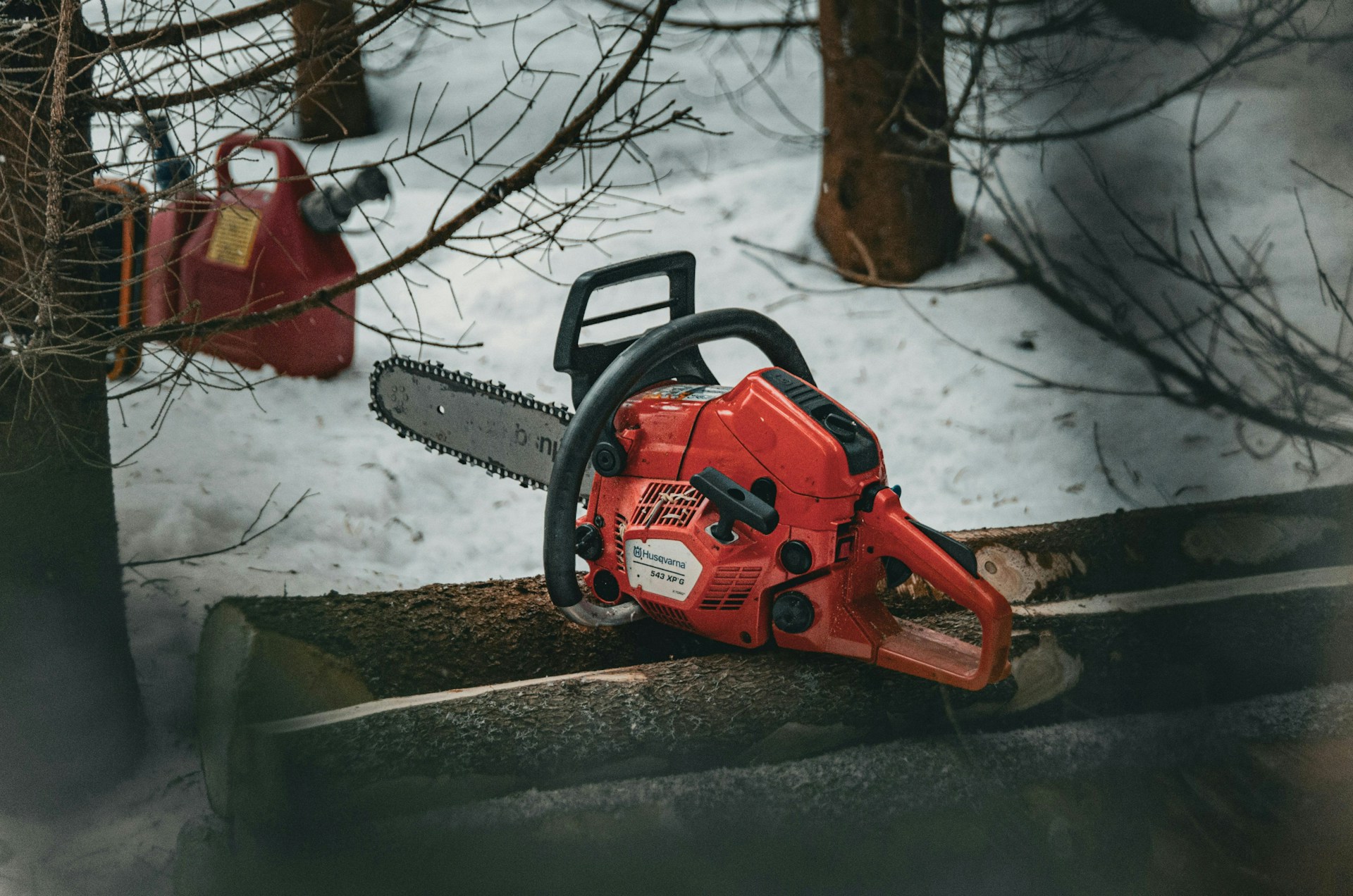Now Reading: Choosing Between Gas and Electric Small Engines
-
01
Choosing Between Gas and Electric Small Engines
Choosing Between Gas and Electric Small Engines

When it comes to small engines, one of the most common dilemmas buyers face is choosing between gas-powered and electric models. Deciding which type works best for you depends on your specific needs, usage preferences, and priorities.
This blog dives deep into the differences between gas and electric small engines, exploring their advantages, disadvantages, and ideal applications to help you make an informed decision.
Whether you’re equipping yourself for lawn care, power tools, or outdoor motorsports, understanding the “gas vs. electric” debate can save you time, money, and hassle. Click this site, https://www.larryssmallengines.ca/en/, to learn more.
What Are Gas-Powered Small Engines?
Gas-powered small engines have been the gold standard for decades, offering reliable power for a wide range of applications. These engines utilize gasoline as fuel, typically requiring oil for lubrication.
Commonly found in outdoor equipment like lawnmowers, chainsaws, and ATVs, gas-powered engines are synonymous with durability and heavy-duty performance.
Benefits of Gas Engines
- More Power
Gas small engines deliver higher levels of horsepower and torque, making them ideal for demanding tasks. They excel in applications like cutting dense foliage, powering high-capacity equipment or tackling uneven landscaping projects
- Longer Run Time
Compared to electric options, gas engines can operate for extended periods without the need for recharging, provided you have enough fuel on hand. This makes them perfect for jobs that require long hours.
- Wide Availability
Gasoline is widely available, and getting fuel is rarely a challenge, whether you’re in an urban area or a rural setting.
Drawbacks of Gas Engines
- Noise and Vibration
Gas-powered engines tend to be considerably louder than electric models. The vibrations they emit can also result in less comfortable user experiences over time.
- Maintenance Heavy
Regular maintenance is a must for gas engines, including oil changes, filter replacements, and occasional spark plug repairs.
- Environmental Concerns
Gas engines emit carbon dioxide emissions, which contribute to environmental pollution. Governments are increasingly regulating these emissions.
What Are Electric Small Engines?
Electric small engines, powered by either a corded connection or rechargeable batteries, have emerged as an environmentally friendly alternative to traditional gas engines. They’re commonly used in lawn care equipment, power tools, and smaller vehicles.
Benefits of Electric Engines
- Environmentally Friendly
Electric engines produce no direct emissions when in use, making them an eco-conscious choice.
- Low Maintenance
Since they lack components like filters or spark plugs found in gas engines, electric models require much less upkeep, saving users time and effort.
- Quiet Operation
Electric engines are significantly quieter and smoother, ensuring a more pleasant experience for users and their surroundings.
- Convenience
With the simplicity of plugging in or charging a battery, electric engines eliminate the need for trips to the gas station.
Drawbacks of Electric Engines
- Limited Power for Demanding Tasks
While sufficient for light to moderate jobs, electric engines may struggle with the heavier demands that gas engines can handle effortlessly.
- Shorter Run Time
Battery-powered engines typically offer limited operating time before needing to be recharged, which can disrupt workflows.
- Dependency on Charging Stations
Cordless models depend on access to electricity for recharging, which could be problematic in remote areas.
Unit Compatibility and Cost Considerations
Initial Investment and Affordability
Upfront costs often differ significantly between gas and electric engines. Electric versions generally boast a lower initial price point, especially when factoring in the cost of fuel over time.
However, gas engines justify their higher cost for users who prioritize power and longevity. Always balance your needs with your budget when making the final call.
Longevity and Replacement
Gas engines often have a longer working life when maintained correctly, whereas electric engines rely on advanced components like lithium-ion batteries that can degrade over time and require replacing.
The Role of Noise and Environment
For those prioritizing quieter operation and sustainability, electric engines outshine gas-powered counterparts.
Consider regulations or restrictions in your location regarding noise levels or emissions, as these factors may limit where or when you can operate specific engine types.
Maintenance Matters
Gas Maintenance Checklist
- Frequent oil changes
- Replacing spark plugs and air filters
- Keeping fuel clean and stabilized
Electric Maintenance Checklist
- Occasional battery checks or replacements
- Ensuring cords and plugs are undamaged
- Storing devices in optimal temperature conditions
When Each Engine Type Is Best
Choose Gas-Powered Engines If:
- Your tasks require high horsepower and longer run times.
- You prioritize durability for heavy-duty applications.
- You work in remote locations without access to electricity.
Choose Electric Engines If:
- You’re focused on reducing your carbon footprint.
- You prefer quieter machinery for personal or community reasons.
- Ease of maintenance and convenience are high priorities.
Taking the Next Step
Both gas and electric small engines bring unique benefits to the table. Your decision should align with your intended application, personal preferences, and environmental considerations.
By understanding the strengths and weaknesses of each type, you’ll ensure you’re making a choice that suits your needs without compromises.
Before deciding on your next small engine purchase, begin by identifying the tasks you’ll tackle most often and set your priorities. This clarity will help you choose the perfect engine to meet your goals and engine comparison.


























